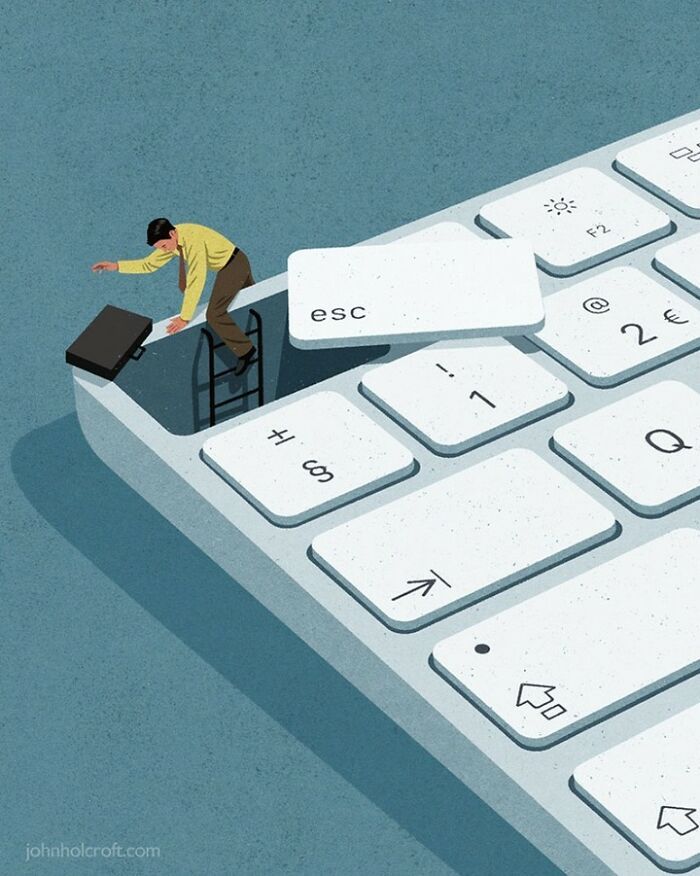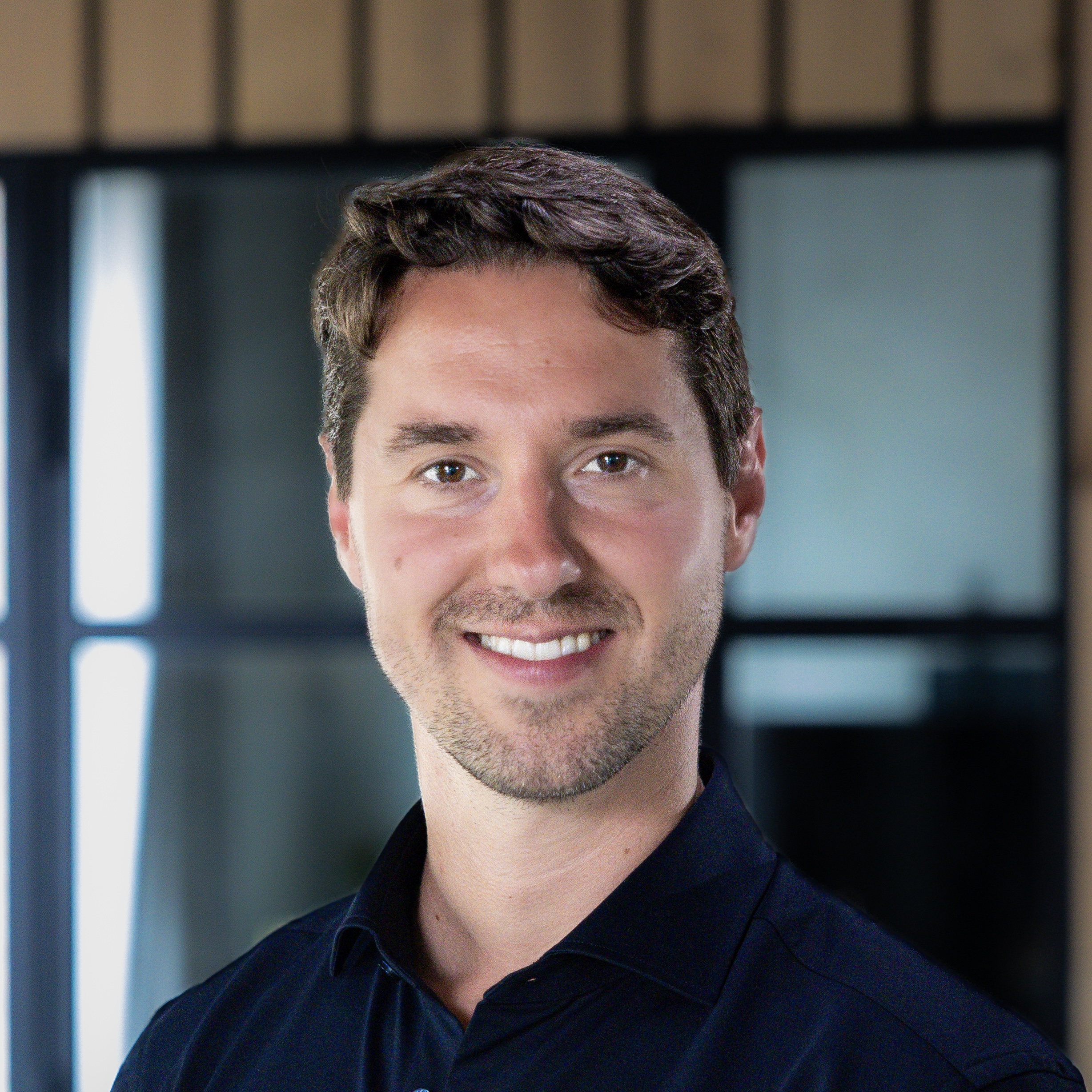How agile is your organization?
A nice comparison: some organizations are like speedboats. Agile, fast, and able to make changes in direction immediately. Other organizations are more like oil tankers. Even when the engine is running backwards at full speed, it takes more than a kilometer before the tanker comes to a complete stop. Such slowness is not unwillingness, but a logical consequence of the size and complexity of the organization.
The larger the organization, the more people, processes, systems and financial structures need to be reconciled in the event of a change. That costs time, money and energy. In some cases, it takes years for an organization to fully adapt to new circumstances.
The human factor as key
Although systems and processes are important, the biggest challenge often lies with people. Change only really works when employees understand why the change is necessary, what the goal is and what it means for their own role.
That's where ownership comes in. Not imposed, but from a conscious choice. People usually want to change, as long as they feel they are at the helm and are an indispensable part. So change not only requires direction, but also space to be able to define and embrace one's own role.
Middle management: pivot or blockade?
In my work as an OGSM expert, I guide management teams and operational teams in translating strategy into execution. In addition, I often see that middle management plays a crucial role. Not only do they need to understand policy, but they also need to be able to communicate it to their teams.
When this layer is insufficiently involved or does not have a clear frame, noise, friction and resistance are quickly created. That then seems as if employees are 'stuck' in old patterns or are afraid of change. But often it's simply uncertainty: what does this mean for me? What is expected of me?
Free will as a driving force
I don't believe that resistance comes from laziness or unwillingness. Change starts with reconnecting with your own role and the impact you can make. Where there is the will, there is the way, but that will must come from within.
That is why I advocate ownership and self-leadership. Not from control, but from choice. Give employees the space to fill in themselves how they contribute to the new course. This increases engagement and support.
One page, one direction
In our work with OGSM (Objective, Goals, Strategies, Measures), we facilitate teams to reach clear, shared goals together. By supervising the process in a structured way — top-down and bottom-up — we ensure that everyone is on the same page. This does not create a top-down dictation, but a supported plan that connects people and gives them direction. Download a free OGSM template here.
Lastly
Change is never easy, especially in large organizations. But with the right guidance, a clear vision and addressing people's intrinsic motivation, change does become possible.
Because in the end, people always make the choice themselves. The trick is to take them seriously and to help them make that choice with conviction.
Do you also want to get on the same page with your team and change in a targeted manner? Learn more about our pragmatic approach whether contact us, we would love to think along with you.






